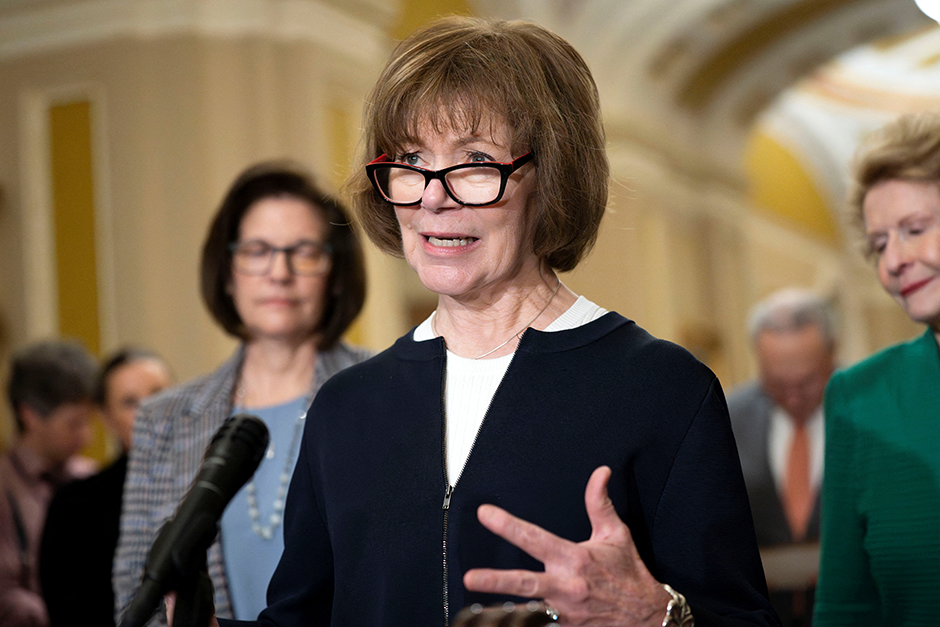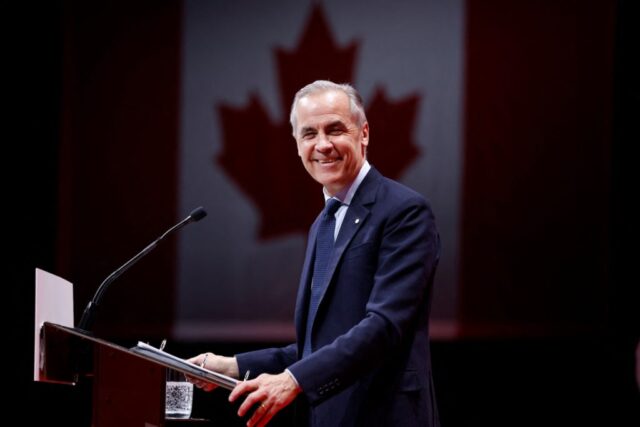Shachi Kurl, President, Angus Reid Institute:
Well, thanks very much for having me this evening.
There were really three factors. Some of them, you have already covered in the report that you put together. One of those things was, of course, the Trump factor. Trump was in many ways the main character in the narrative of the Canadian election, overshadowing both Carney and his main conservative opponent, Pierre Poilievre.
So if Canadians were planning to look at their ballot question and really what was driving their vote through the lens of do the governing Liberals deserve a rare fourth term after almost 10 years in power, that was pushed entirely to the side by questions of sovereignty.
And it’s important to remember, I think, for a U.S. audience that, unlike many countries around the world, since Canada was granted its Dominion in 1867, no one has ever threatened Canada’s borders or sovereignty, either rhetorically or otherwise. So this was something that really rattled Canadians. It rattled their psyche and it had a profound effect.
Of course, the departure of Justin Trudeau, deeply unpopular, also released a massive pressure valve for disaffected Liberals. It enabled them to come back to the party. And then, of course, Carney ran a good rhetorical campaign that was not matched by Mr. Poilievre. He, in the initial weeks of all of the Trump tariff annexation drama, continued to try to run a campaign that was based on cost of living, consumer carbon pricing, lots of other domestic issues at a time when Canadians were emotionally not there.
And he’s paid the price for it. I should point out, however, he managed to grow the size of his caucus in last night’s vote and grow his share of percentage of popular vote. I think he will probably hang on to his job. But, of course, it’s Carney who just eludes getting a parliamentary majority by a handful of seats.

















































